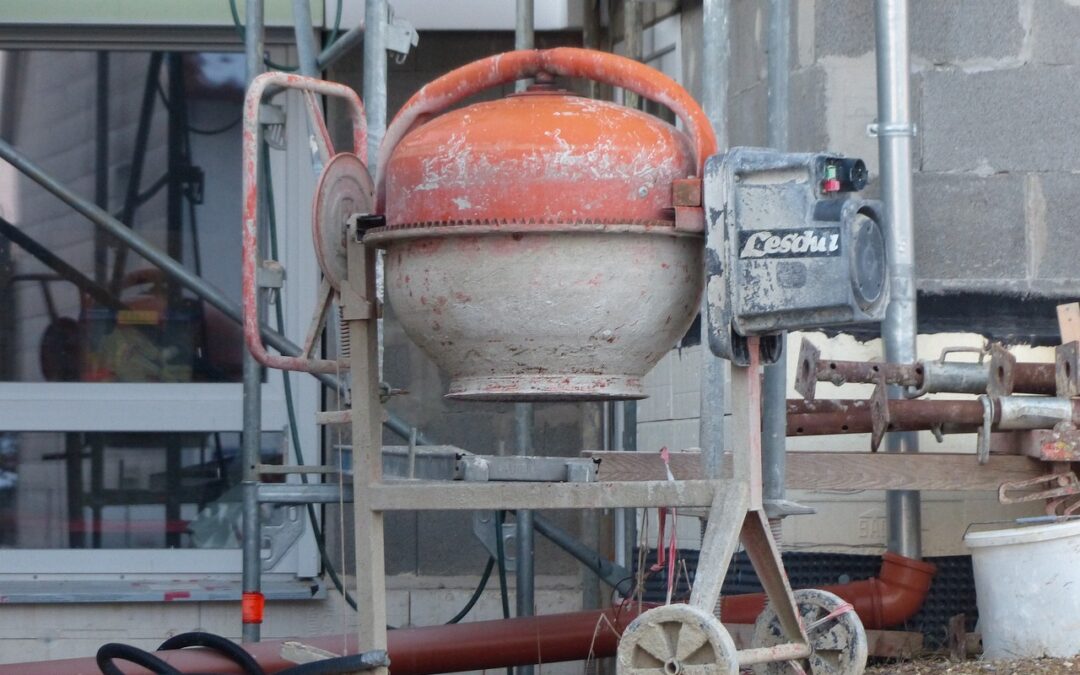Concrete Foundation Debates: Unraveling the Disputes Surrounding a Critical Home Element
TL;DR: Join our exploration into the intricacies of concrete foundation debates, where we uncover the pros and cons, design considerations, and common misconceptions surrounding this vital home component.
Unveiling the Pros of a Concrete Foundation
Concrete foundations offer a myriad of advantages that contribute to a home’s strength, durability, and longevity:
- Exceptional Strength: Concrete’s inherent compressive strength makes it an ideal choice for supporting heavy loads and ensuring stability over time.
- Proven Durability: Its resistance to moisture, pests, and extreme temperatures guarantees a longer lifespan compared to other foundation options.
- Stability in Shifting Soil: Concrete’s ability to distribute weight evenly minimizes the risk of settlement and structural damage in changing soil conditions.
Exploring the Cons of a Concrete Foundation
While concrete foundations offer remarkable benefits, understanding their limitations is crucial:
- Higher Cost: Concrete foundations typically require more materials and labor, resulting in a higher initial investment.
- Time-Consuming Installation: Installing a concrete foundation can be more time-consuming than other alternatives.
- Limited Flexibility: Concrete’s rigidity can make it challenging to accommodate future modifications or additions to the home.
Considerations for Concrete Foundation Design
Designing a concrete foundation involves careful planning and attention to several key factors:
- Load Requirements: Engineers determine the appropriate foundation size and reinforcement based on the weight of the structure and soil conditions.
- Soil Type: The type of soil, including its bearing capacity and drainage properties, influences the foundation’s design.
- Climate: Extreme temperature variations and moisture levels impact the concrete’s performance and longevity.
Dispelling Common Misconceptions
Many misconceptions surround concrete foundations, and debunking them is essential for informed decision-making:
- Concrete Foundations Cause Moisture Problems: While all foundations can experience moisture issues, proper waterproofing and drainage measures mitigate this concern.
- Concrete Foundations Are Always Cold: Insulated concrete foundations provide excellent thermal efficiency, dispelling the notion of a cold and drafty home.
- Concrete Foundations Are Difficult to Repair: While concrete is durable, repairs are possible if needed, ensuring the foundation’s longevity.
Alternatives to Concrete Foundations
In some cases, alternative foundation options may be considered:
- Basement Foundations: These offer underground living space and can provide additional storage, but they are more expensive and require proper drainage.
- Crawlspace Foundations: These elevate the home above the ground, offering easier access to utilities, but they require regular inspections and maintenance.
- Pier and Beam Foundations: Used in areas with weak or unstable soil, these foundations support the home on beams resting on piers.
The Bottom Line: Informed Choices for a Strong Foundation
Choosing the right foundation is a critical decision for any home. By carefully weighing the pros and cons of concrete foundations, considering design factors, and dispelling misconceptions, homeowners can make informed choices that ensure the strength and longevity of their home’s most important structural element.

